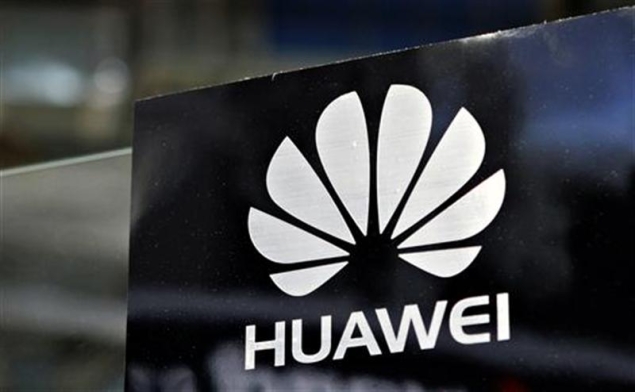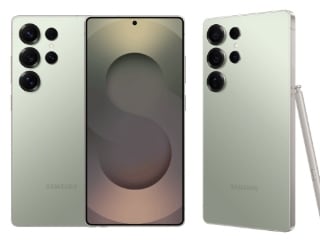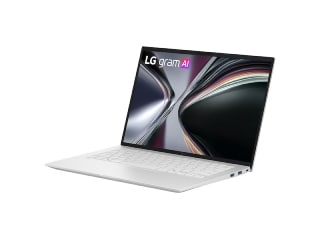- Home
- Telecom
- Telecom News
- Huawei partner tried to sell embargoed American antenna to Iran
Huawei partner tried to sell embargoed American antenna to Iran

The buyer an Iranian mobile-phone operator says it cancelled the deal with Huawei when it learnt the items were subject to sanctions and before any equipment was delivered. Huawei, the world's second-largest telecoms equipment maker, uses products from a U.S. company, Andrew LLC, in some of the systems it sells.
Documents reviewed by Reuters show that Soda Gostar Persian Vista, a Tehran-based supplier of Huawei equipment in Iran, had offered to sell to MTN Irancell 36 cellular tower antennas made by Andrew for 14,364 euros. The equipment was to be delivered in Tehran on February 3, 2012, to "Huawei warehouse ready for installation," according to a MTN Irancell purchase order dated November 30, 2011.
Huawei, based in Shenzhen, China, has an agreement with CommScope Inc. in Hickory, N.C. which owns Andrew to purchase Andrew antennas and other equipment and use the products in Huawei systems, according to CommScope. The Andrew antennas were part of a large order for Huawei telecommunications gear that MTN Irancell had placed through Soda Gostar, the documents show.
Washington has banned the sale of U.S. technology to Iran for years. Huawei said in a statement that it complies with U.S. law and also requires third parties like Soda Gostar "to follow applicable laws and regulations." This month, the U.S. House Intelligence Committee criticised Huawei for failing "to provide evidence to support its claims that it complies with all international sanctions or U.S. export laws."
South Africa's MTN Group, which owns 49 percent of MTN Irancell, said the Iranian telecoms firm had requested 36 German-made antennas not subject to sanctions but that "Huawei, through its local partner Soda Gostar, mistakenly provided details of U.S.-manufactured" antennas.
"This was later identified as an error and as a result the tender request was cancelled with Huawei and the German goods obtained from a local reseller," Paul Norman, MTN Group's corporate affairs officer, said in a statement. He added, "The incident is illustrative of the strong processes in place in MTN and Irancell to ensure compliance" with U.S. sanctions.
In a statement, Vic Guyang, a Huawei spokesman, acknowledged that MTN Irancell had cancelled the order. He added, "We did not participate in the delivery of this project because Huawei has been and continues to be in strict compliance with all relevant international and local laws and regulations." Officials at Soda Gostar could not be reached for comment.
Rick Aspan, a spokesman for CommScope, said the company was not aware of the aborted transaction. "Obviously we're going to look into this a little further," he said.
He described Huawei as a major customer of antennas and other CommScope telecommunications equipment. "They purchase certain CommScope products that they incorporate into the systems they're making for their wireless operator customers," he said. CommScope manufactures its products in a number of countries, including China.
Reuters has documented how China has become a backdoor way for Iran to obtain embargoed U.S. computer equipment. In March and April, Reuters reported that China's ZTE Corp, a Huawei competitor, had sold or agreed to sell millions of dollars worth of U.S. computer gear to Telecommunication Co. of Iran, the country's largest telecommunications firm, and a unit of the consortium that controls TCI. The articles sparked investigations by the U.S. Commerce Department and the Justice Department.
In a filing this month with the Hong Kong stock exchange, ZTE said it was cooperating with the investigations.
Reuters has also documented how MTN procured U.S. computer equipment through a network of companies in Iran and the Middle East when it launched MTN Irancell in 2006. MTN employees created presentations for meetings and wrote reports that openly discussed circumventing U.S. sanctions to source the equipment, Reuters reported in August.© Thomson Reuters 2012
Get your daily dose of tech news, reviews, and insights, in under 80 characters on Gadgets 360 Turbo. Connect with fellow tech lovers on our Forum. Follow us on X, Facebook, WhatsApp, Threads and Google News for instant updates. Catch all the action on our YouTube channel.
- Samsung Galaxy Unpacked 2026
- iPhone 17 Pro Max
- ChatGPT
- iOS 26
- Laptop Under 50000
- Smartwatch Under 10000
- Apple Vision Pro
- Oneplus 12
- OnePlus Nord CE 3 Lite 5G
- iPhone 13
- Xiaomi 14 Pro
- Oppo Find N3
- Tecno Spark Go (2023)
- Realme V30
- Best Phones Under 25000
- Samsung Galaxy S24 Series
- Cryptocurrency
- iQoo 12
- Samsung Galaxy S24 Ultra
- Giottus
- Samsung Galaxy Z Flip 5
- Apple 'Scary Fast'
- Housefull 5
- GoPro Hero 12 Black Review
- Invincible Season 2
- JioGlass
- HD Ready TV
- Latest Mobile Phones
- Compare Phones
- Realme P4 Lite
- Vivo V70
- Vivo V70 Elite
- Google Pixel 10a
- Tecno Camon 50
- Tecno Camon 50 Pro
- Lava Bold N2
- Vivo V60 Lite 4G
- LG Gram 14 (2026)
- Asus Vivobook 16 (M1605NAQ)
- Infinix Xpad 30E
- Brave Ark 2-in-1
- Amazfit T-Rex Ultra 2
- boAt Chrome Iris
- Xiaomi QLED TV X Pro 75
- Haier H5E Series
- Asus ROG Ally
- Nintendo Switch Lite
- Haier 1.6 Ton 5 Star Inverter Split AC (HSU19G-MZAID5BN-INV)
- Haier 1.6 Ton 5 Star Inverter Split AC (HSU19G-MZAIM5BN-INV)


![[Partner Content] OPPO Reno15 Series: AI Portrait Camera, Popout and First Compact Reno](https://www.gadgets360.com/static/mobile/images/spacer.png)









